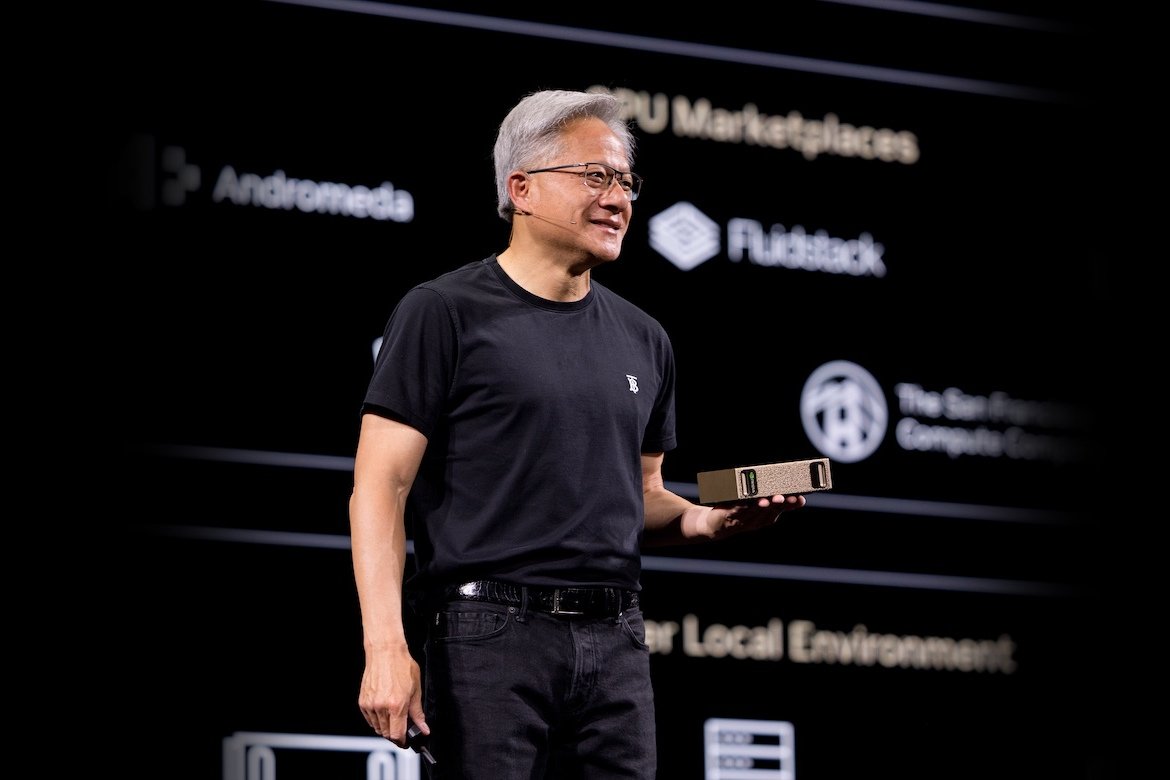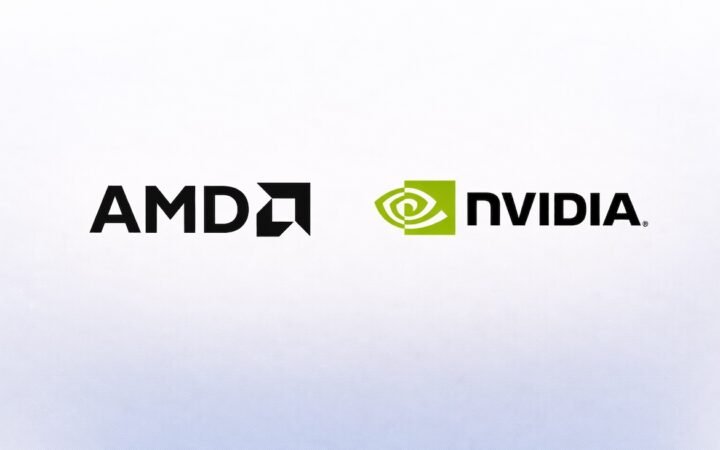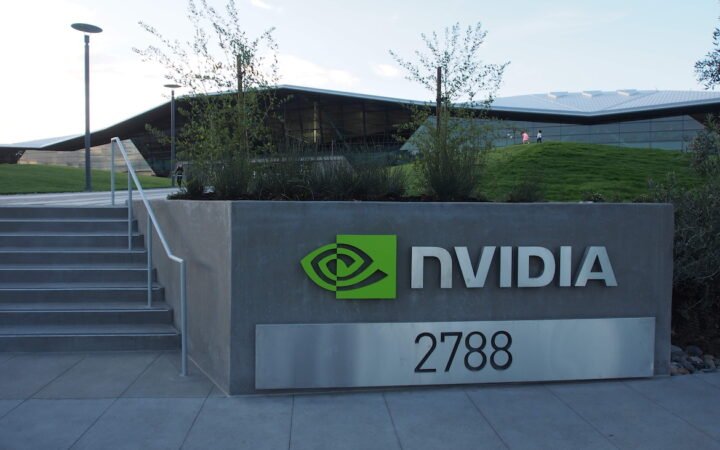
China’s Cyberspace Administration has reportedly instructed major domestic tech firms – including ByteDance and Alibaba – to stop purchasing Nvidia’s RTX Pro 6000D chip and to cancel existing orders. The move sharply escalates Beijing’s effort to limit dependence on U.S. AI hardware.
Nvidia CEO Jensen Huang confirmed he was “disappointed” by the action, saying developers and regulators alike have complex agendas between China and the United States. He added that Nvidia can only “be in service of a market if the country wants us to be.”
Huang noted that over recent years Nvidia has guided analysts to exclude China from its financial forecasts due to export restrictions and regulatory uncertainty. The RTX Pro 6000D had been introduced under the assumption of a more stable China market, but the regulatory environment remains volatile.
Why This Ban Matters
The directive marks a sharper crackdown than earlier restrictions focused primarily on Nvidia’s H20 chip. The RTX Pro 6000D was designed specifically for China, reflecting earlier relaxation of export rules—but demand was reportedly lukewarm even before the ban.
China appears confident that its domestic chip makers have matured enough to offer competitive alternatives. Regulators have accused Nvidia of antitrust violations, particularly regarding its acquisition of Mellanox Technologies. The ban increases pressure on Nvidia to adjust strategy in one of its largest potential markets.
Impacts for Nvidia and Broader AI Ecosystem
Nvidia’s stock slipped slightly on news of the restriction. Investors are weighing how much revenue China accounts for, and how harder it will be to compete in markets dependent on export permissions.
For China, the move reinforces ongoing efforts to reduce reliance on U.S. AI hardware and promote homegrown technologies. Companies like Huawei, Cambricon, Baidu, and others are increasingly in the spotlight.
Regardless of these tensions, Nvidia remains active elsewhere. Huang just announced Nvidia’s participation in the U.K. AI infrastructure push one of several U.S. tech firms pledging multibillion-dollar investment in the UK market. As previously covered, Microsoft, Google and other tech giants have already committed £31B ($40B) to UK AI infrastructure.




